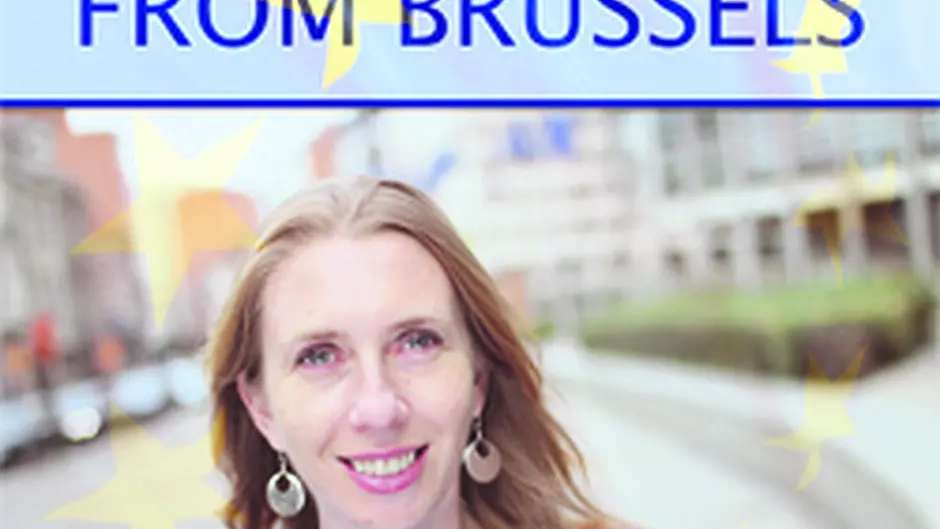Eu Farm Commissioner Phil Hogan finds himself in the eye of a ‘perfect storm’ characterised by an increased imbalance between supply and demand, as agricultural prices continue to fall, amid oversupply on the market, a decline in Chinese demand and Russia’s ongoing trade embargo.
EU Farm Commissioner Phil Hogan finds himself in the eye of a ‘perfect storm’ characterised by an increased imbalance between supply and demand, as agricultural prices continue to fall, amid oversupply on the market, a decline in Chinese demand and Russia’s ongoing trade embargo.
The downturn in European milk prices is evident since the abolition of quotas on April 1st, 2015, but is proving more prolonged than originally anticipated. Similarly, Moscow’s trade restrictions are leading to a glut in pigmeat supplies, which is further depressing market prices. But Hogan’s hands are tied, as there are considerable budgetary constraints, as Europe tries to deal with the refugee crisis and any measure has to respect the current legislative framework.
As pressure continues to mount, he called on member-states to provide a wish-list on how best to deal with the current situation by February 25th with over 100 pages of proposed measures submitted by national capitals. These ideas and suggestions are up for discussion when ministers meet in Brussels on March 14th.
The Irish are seeking a deferral of the 2016 and 2017 instalments payments of dairy superlevy fines – a levy paid by farmers who overshot their quota limitations – which should come as a relief to farmers that expanded their production capacity in the final year of the regime.
They would also like to re-activate private storage aid for pigmeat, which was suspended by the Commission at the end of January. But Dublin is against a French suggestion to incentivise farmers who reduce dairy output voluntarily in times of price decline. The Irish say this would be a ‘backward step,’ as it would ‘disadvantage European farmers and co-ops, undermine efficient production and adversely affect the ability of farmers to benefit when the market turns in their favour.’
Hogan has pledged to analyse the proposals and will present ‘a more definitive response at the Council … where the Commission is determined to find solutions that adequately reflect the seriousness of the current crisis.’
Paris agri show
Hogan kept a low profile at this year’s Salon International de l’Agriculture in Paris, which ran from February 27th until March 6th. The mood at this year’s s nine-day show – attracting more than 650,000 visitors and gathering together nearly 4,000 animals – was particularly tense, as farmers struggle to stay in business.
Hogan and his entourage travelled to Paris in the late afternoon of March 2nd to meet the country’s Minister Stéphane le Foll and representatives of agricultural trade. In a break from tradition, he did not have a walk around the stalls to meet farmers or hold a press conference. Speaking at a roundtable in the margins of the farm fair, Hogan pointed out that the Commission has already provided over €1 billion in support to European farmers in 2015 and 2016 including a €500 million solidarity package unveiled last September.
There was a frosty reception for French President François Hollande, when he toured the pavilion.
• Rose O’Donovan is the Editor-in-Chief of the Brussels-based publication AGRA FACTS & a regular contributor to the video platform www.vieuws.eu








